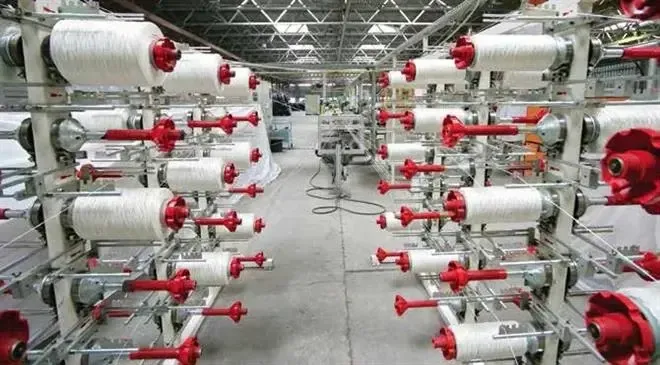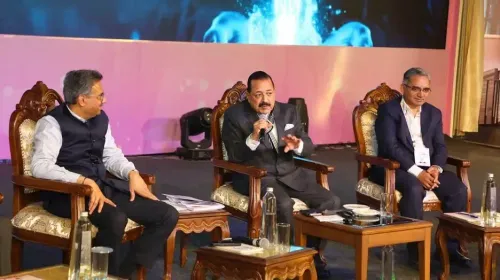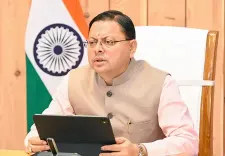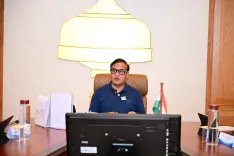Financial Institutions to Drive $350 Billion Goal for Indian Textile Industry

Synopsis
Key Takeaways
- Banks must support the textile sector's funding needs.
- The market size is projected to reach $350 billion by 2030.
- 70% of handloom units are operated by women.
- India is a major player in global handmade textiles.
- Export opportunities exist in Southeast Asia, Japan, and South Korea.
Mumbai, Feb 24 (NationPress) Financial institutions need to take a pivotal role in fulfilling the funding requirements of the textile sector, which provides 5.4 crore jobs and is projected to expand its market size from $172 billion to $350 billion by 2030, stated Textile Commissioner Roop Rashi.
Rashi mentioned that this ambitious target is achievable before the year 2030, but it requires financial backing for product standardization, capacity enhancement, international branding, and exports.
“The textile value chain, encompassing everything from spinning to weaving, is capital-intensive and relies heavily on bank funding. While banks typically focus on large loans and project financing, I urge them to also consider the funding needs of smaller textile units,” the government official expressed during the ‘Export Conclave’ organized by WTC Mumbai and YES Bank.
This initiative will significantly enhance financial inclusion, as 70 percent of handloom units are run by women. Notably, out of every 100 handmade textiles worldwide, 95 originate from India.
With a 16 percent share of the global population, India must spearhead the adoption of sustainable and circular economy principles.
Rashi emphasized the importance of banks providing funding to textile units for technology adoption, R&D initiatives, product differentiation, and branding and labeling initiatives.
She also highlighted various government initiatives to foster sustainable textile clusters, noting that the government has facilitated over 47 patents across the textile value chain that still need commercialization.
Rashi encouraged textile businesses to explore potential export markets in South East Asia, Japan, and South Korea. She specifically pointed out the renewed interest from Japan in Indian textile products in recent years.
Praveen Kumar, Joint DGFT, Directorate General of Foreign Trade, Mumbai, advised MSMEs to take advantage of digitization initiatives such as online self-generation of E-BRC, digital applications for certificate of origin, Advance Authorisation, EPCG, and export licenses for restricted items.
Dr Vijay Kalantri, Chairman of WTC Mumbai, emphasized that India's annual goods exports amount to $440 billion, and to achieve $1 trillion in exports, key challenges faced by MSME exporters must be addressed.
He also underscored the role of WTC Mumbai in empowering MSMEs.










